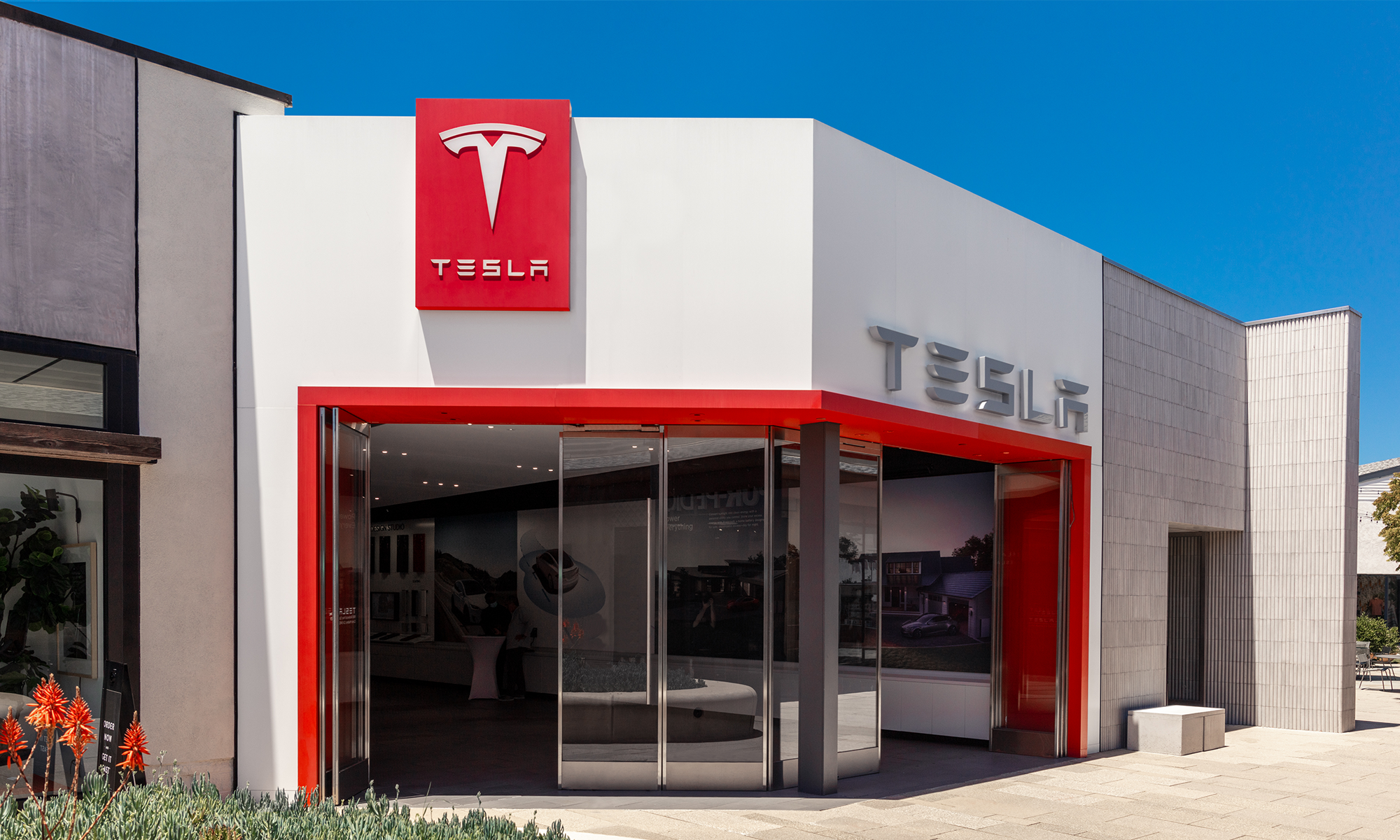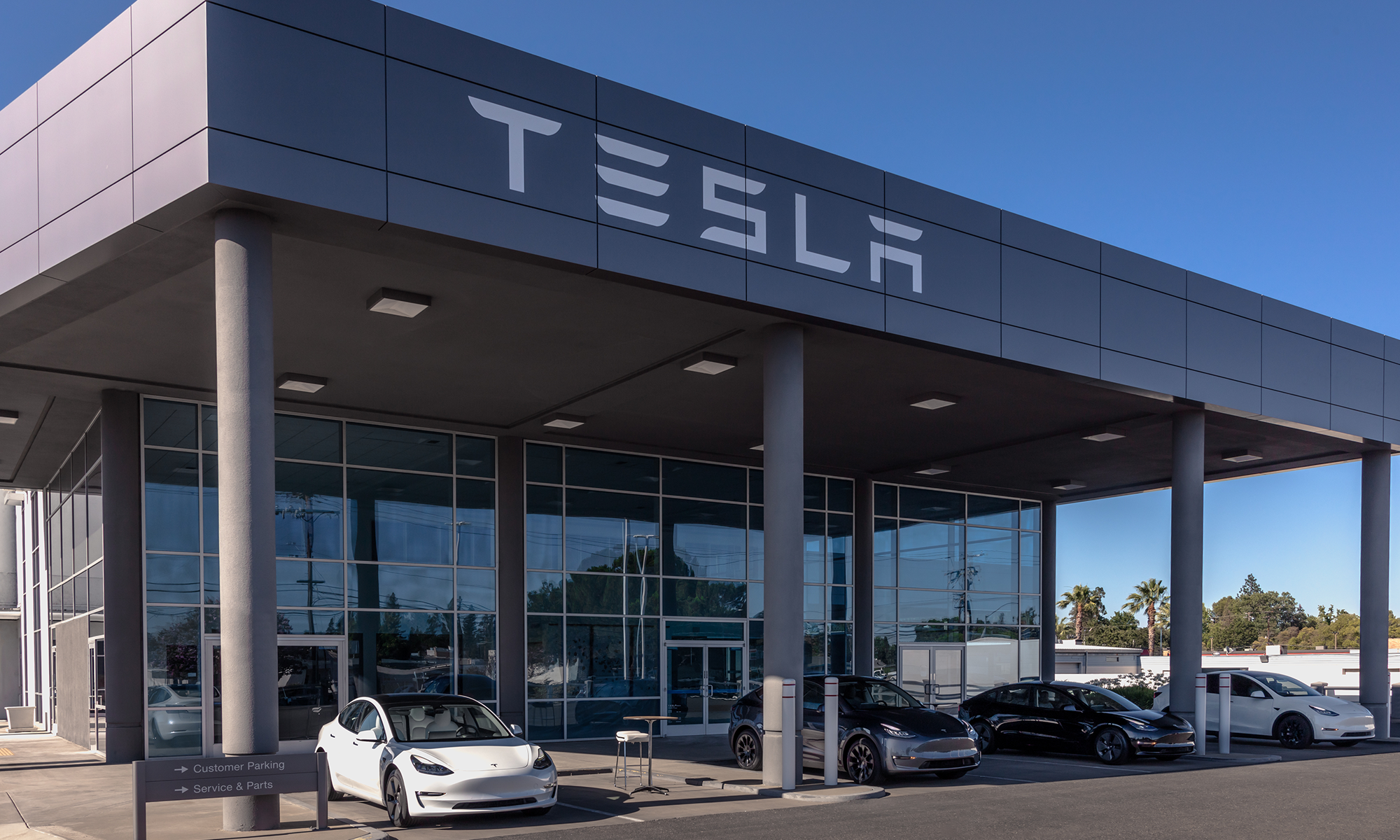Tesla Motors' (TSLA +1.70%) ballooning market value has astonished even its most devoted critics. Shares of the electric-car maker are up more than 370% on the year. However, competition is starting to heat up in the electric vehicle space with new entrants, such as BMW targeting the mass EV market in a big way. Despite such threats, Tesla CEO Elon Musk sees a bright future for his niche auto company. In fact, Musk's opinions of the competition may surprise investors.
The more competition, the better
"I hope Tesla is surrounded by electric cars from other manufacturers," the outspoken CEO remarked in an interview with Bloomberg earlier this year. It now looks like Musk's wish is becoming a reality. This week, BMW joined the ranks of established automakers with EV models for sale. BMW unveiled its new all-electric i3 model in New York on Monday, though the car won't be available in the United States until the second-quarter of 2014.
Tesla bears immediately anchored to the BMW i3's price point of $41,350 before federal and state tax credits, which is notably less than what it costs for a new Tesla Model S. However, the Model S gets nearly three times as much battery range as the i3, as well as faster acceleration. Then again, who's counting? Not Musk, since Tesla welcomes EV competitors.
To be fair, this isn't just CEO lip service. In fact, Tesla is already helping some rival automakers build electric cars. The company is supplying powertrains for the 2014 Mercedes-Benz Electric Drive, which will include Tesla-manufactured battery packs, electric motors, on-board chargers, and other electronics. Toyota (TM +1.45%) also has Tesla to thank for its electric RAV 4; it comes with a Tesla-made motor and lithium-ion batteries.
These are two examples of how Tesla's business model is structured to accelerate widespread EV adoption, even if that means working together with competitors. I suspect we'll see more deals between the Palo Alto company and rival automakers in the future. However, before mass EV adoption becomes a reality, carmakers such as Tesla need to focus on producing cheaper electric options.
To give you a glance of the EV market, I've included a breakdown below of some current and prospective all-electric cars and their respective price points:
|
Current Electric Vehicles | |||
|---|---|---|---|
|
Company |
EV |
EPA Range |
Sale Price |
|
Tesla Motors |
Tesla Model S |
208 miles |
$62,400 |
|
Toyota |
Rav4 EV |
103 miles |
MSRP $49,800 |
|
Chrysler |
Fiat 500e (only available in California) |
87 miles |
MSRP $31,800 |
|
Ford |
Ford Focus EV |
76 miles |
MSRP $35,200 |
|
Nissan |
Nissan Leaf S series |
73 miles |
MSRP $28,800 |
|
Prospective Electric Vehicles | |||
|---|---|---|---|
|
Company |
EV |
Projected Range |
Sale Price |
|
BMW |
BMW i3 EV |
80 miles |
MSRP $41,350 |
|
Tesla Motors |
Tesla Model X |
214 miles |
Starting at $60,000 |
|
Daimler |
Mercedes Electric Drive |
115 miles |
Not yet available |
|
Honda |
Honda Fit EV |
82 miles |
Leasing program only available in select states |
|
General Motors |
Chevy Spark EV |
82 miles |
MSRP $27,500 |
As you can see, there is a way to go before both range and price for electric vehicles are appealing to the masses. However, at this point Tesla is smart not to worry about competitors. In fact, the more that traditional automakers invest in EV technology the more it proves that there is a market for battery-powered cars.
Tesla has been a winning growth stock this year, but that can be painful for investors who missed the rally. Fortunately, Motley Fool co-founder David Gardner, founder of the No. 1 growth stock newsletter in the world, has developed a unique strategy for uncovering truly wealth-changing stock picks. And he wants to share it, along with a few of his favorite growth stock superstars, with you!






